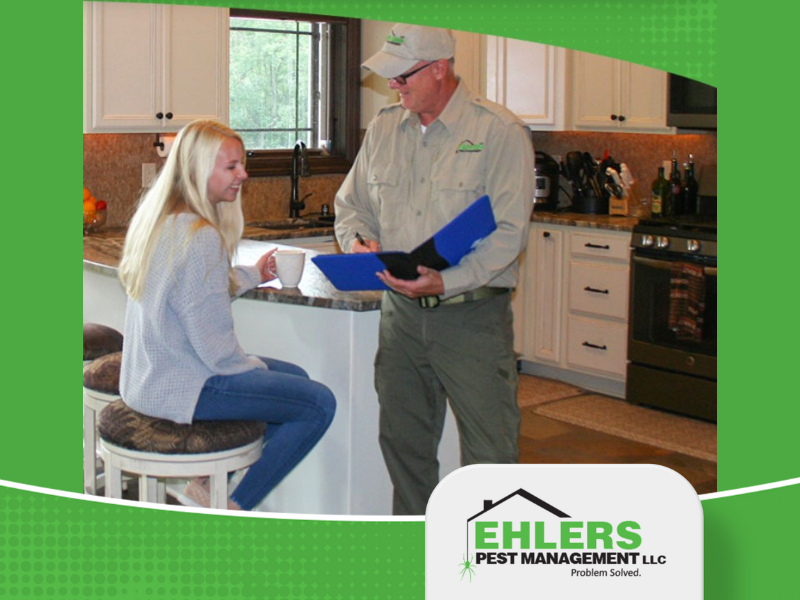Dealing with pests in your home can be a frustrating and overwhelming experience. Whether you’re facing an infestation of ants, rodents, or bed bugs, finding the right pest control service is essential to addressing the issue effectively and preventing future problems. But with so many pest control companies out there, how do you choose the best one for your home? Here’s a guide to help you make an informed decision.
1. Look for Licensed and Insured Professionals
One of the first things to check when choosing a pest control service is whether they are licensed and insured. In most areas, pest control companies must have a valid license to operate. This ensures that they meet local regulations and are knowledgeable about safe and effective pest control methods. Insurance protects you in case of any damage during the treatment process. Always ask to see proof of licensing and insurance before proceeding with any service.
2. Consider Experience and Reputation
Experience matters in the pest control industry. Companies that have been in business for several years are likely to have the expertise needed to handle a wide range of pest problems. Look for companies with a strong reputation in your community. Check online reviews, ask friends or family for recommendations, and research ratings on platforms like Google or Yelp. Positive feedback and a good reputation are often signs of a reliable, trustworthy company.
3. Evaluate Their Pest Control Methods
Not all pest control methods are created equal. When choosing a company, make sure they use treatments that are effective but also safe for your home and family. Some companies offer eco-friendly or organic pest control options, which can be a great choice if you’re concerned about chemicals or have young children or pets. Ask about the products and techniques they use and inquire if they offer non-toxic or green alternatives.
4. Ask About the Treatment Plan and Guarantees
A good pest control company will provide a clear, detailed treatment plan based on your specific pest problem. They should inspect your home to assess the severity of the infestation and discuss a strategy for eliminating the pests. Additionally, inquire about any guarantees or warranties they offer. Some companies provide follow-up treatments or offer free re-treatments if pests return within a certain period after the initial service.
5. Focus on Value, Not Just Price
While cost is an important consideration, it should not be the sole factor in your decision. Rather than focusing on the lowest price, prioritize a pest control service that offers good value for the quality of work. Look for a company that uses effective treatments, provides a clear plan, and stands behind their work with guarantees. Investing in quality pest control will save you from dealing with recurring infestations and costly repairs down the line.
6. Look for Customer Service and Communication
Excellent customer service is a sign of a professional pest control company. They should be responsive, approachable, and willing to answer your questions. From the moment you contact them, pay attention to how they communicate with you. Are they clear about what to expect? Do they address your concerns? A company that values customer service is more likely to provide a positive experience throughout the process.
7. Check for a Long-Term Plan
Pest control isn’t just about eliminating pests in the moment—it’s also about preventing future infestations. The best pest control companies offer long-term solutions that focus on prevention. Ask about their follow-up services and pest management plans to ensure your home stays pest-free in the future.
Final Thoughts
Choosing the best pest control service for your home requires careful consideration. By focusing on licensing, experience, methods, pricing, and customer service, you can find a reliable and trustworthy company that will effectively address your pest problems. Don’t rush the decision—take the time to research and ask the right questions to ensure your home stays safe, comfortable, and pest-free for the long haul.

